Joining forces
The results? Better-prepared students, more effective programs, and successful research. Here, in the following examples, we show exactly what that looks like — and why it matters.
So in 2008, the school teamed up with departments and schools across ASU to launch four BA concentrations. The concentrations — in sustainability, communication, urban policy, and tourism management — bundled business coursework with classes in a secondary specialty.
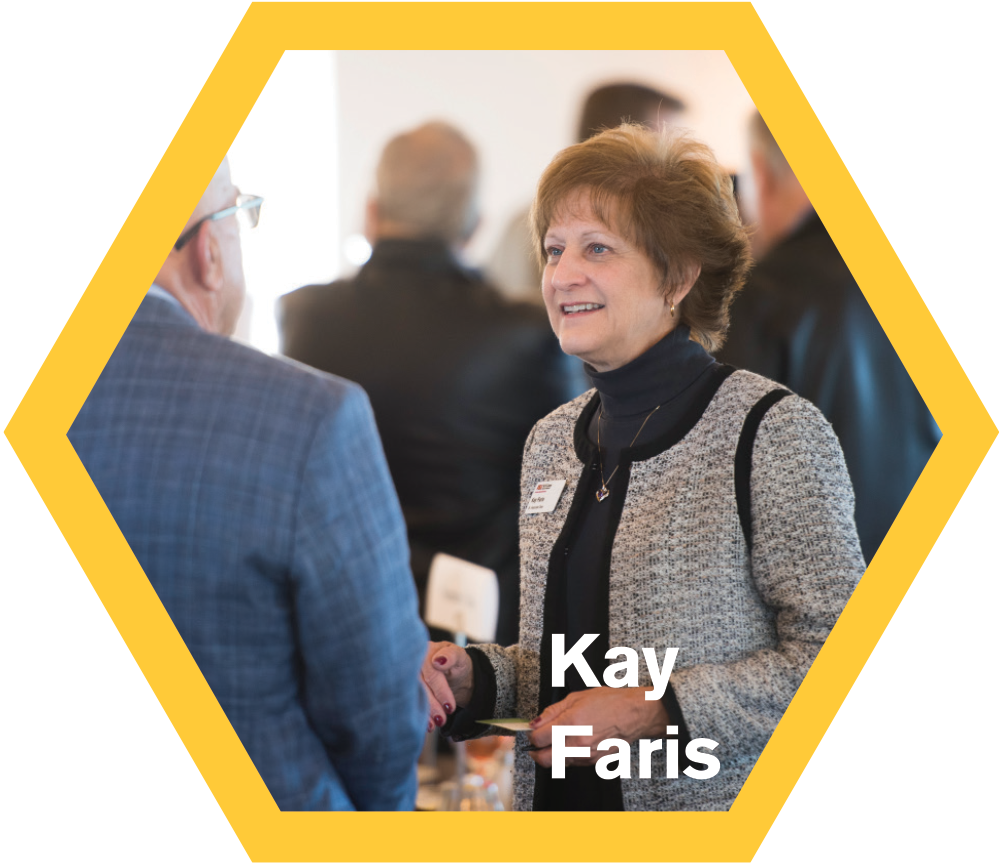
Today, the school has joined forces with even more academic partners; students can earn BA concentrations in more than 20 different fields, including BA degrees entirely within the business school. Even better, the school can quickly spin up new concentrations as needs arise. According to Faris, the recently developed sports business concentration has been wildly popular.
The numbers attest to the programs’ popularity: 6,584 students are currently pursuing BA concentrations on campus, while another 2,710 are pursuing them online.
![]() Concentrated power: Current BA concentrations include: business administration; communication; corporate accounting; financial planning; food industry management; global agribusiness; global leadership; global logistics management; global politics; health care; human resources; information security; language and culture (Chinese, French, Italian, or Spanish); law; public service and public policy; retail management; sports business; statistics; sustainability; technology; and tourism.
Concentrated power: Current BA concentrations include: business administration; communication; corporate accounting; financial planning; food industry management; global agribusiness; global leadership; global logistics management; global politics; health care; human resources; information security; language and culture (Chinese, French, Italian, or Spanish); law; public service and public policy; retail management; sports business; statistics; sustainability; technology; and tourism.
![]() Good to know: The retail management BA concentration was created in partnership with Starbucks. There have been 507 Starbucks College Achievement Plan graduates from W. P. Carey.
Good to know: The retail management BA concentration was created in partnership with Starbucks. There have been 507 Starbucks College Achievement Plan graduates from W. P. Carey.
Ready to help
To succeed in the next chapter of his life, DeGraff leaned on what is now known as the W. P. Carey Career Services Center, where he prepared for tough job interview questions, rehearsed through mock interviews, and methodically mastered the skills he needed to compete with other applicants for top jobs.
The approach worked: He’s steadily climbed the ranks for a veritable who’s who of Fortune 500 companies, including PepsiCo, Target, and Honeywell. Six months into the pandemic, in the fall of 2020, he landed his current role as senior vice president of customer success at Salesforce.
Not long after he arrived, he knew he was in a great position to give back to his alma mater. While DeGraff had long volunteered in other parts of his life, Salesforce’s strong culture of volunteerism (its employees have logged some 6 million volunteer hours over the past two decades), led him to pursue opportunities that connected his company and his college.
He found a fit with AZNext, a public-private partnership led by executive director Raghu Santanam, who is also the senior associate dean for executive education, corporate partnerships, and lifelong learning and the McCord Chair of Business at W. P. Carey. The recently launched program is designed to upskill thousands of Arizona workers for technology-focused careers (see No. 10).
With DeGraff’s support and network, AZNext and Salesforce are collaborating to help a portion of AZNext participants get training to pursue Salesforce Administrator Developer credentials. DeGraff currently serves on AZNext’s advisory board, and as the work on the collaboration progresses, he’s eager to see how he might be able to broaden the connection between W. P. Carey, ASU, and Salesforce.
For DeGraff, collaboration has been a key to his growth and success, from his early work with career services to the many teams he’s been on as part of his career trajectory. He’s thrilled that the partnership between Salesforce and ASU — a powerful collaboration of its own — will open up opportunities for others to grow and succeed. “Businesses are the greatest platform for change,” he says. “And with ASU’s mission to create a workforce for the future, we can bring together complementary visions and move things a lot faster.”
![]() Learn more: Visit wpcarey.asu.edu/aznext
Learn more: Visit wpcarey.asu.edu/aznext
![]() Trained to be hired: To meet its growing demand for business analysts, Cognizant Consulting has partnered with ASU and the W. P. Carey School of Business to offer the Cognizant Digital Business Analyst Certificate Program, a train-to-hire program. The curriculum focuses on specific skills needed to succeed at Cognizant, and ensures the opportunity to secure an interview for graduates. Of students who completed this program in spring 2019, 90% received an offer to join Cognizant as business analysts.
Trained to be hired: To meet its growing demand for business analysts, Cognizant Consulting has partnered with ASU and the W. P. Carey School of Business to offer the Cognizant Digital Business Analyst Certificate Program, a train-to-hire program. The curriculum focuses on specific skills needed to succeed at Cognizant, and ensures the opportunity to secure an interview for graduates. Of students who completed this program in spring 2019, 90% received an offer to join Cognizant as business analysts.
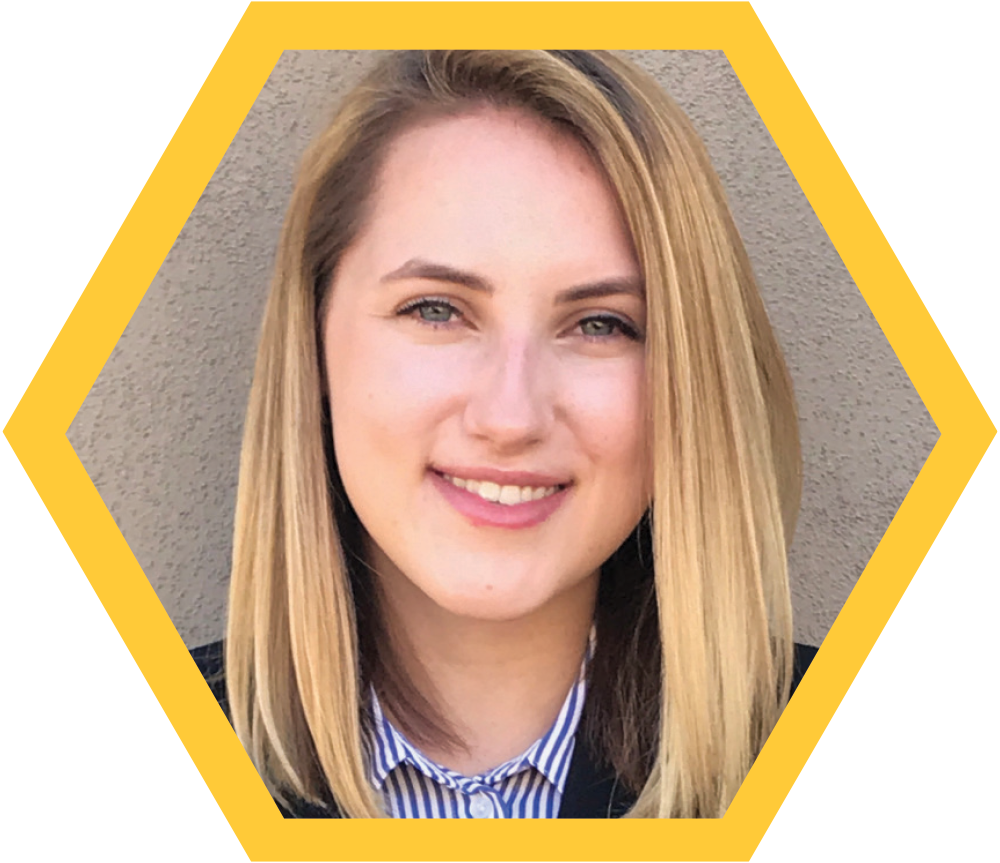
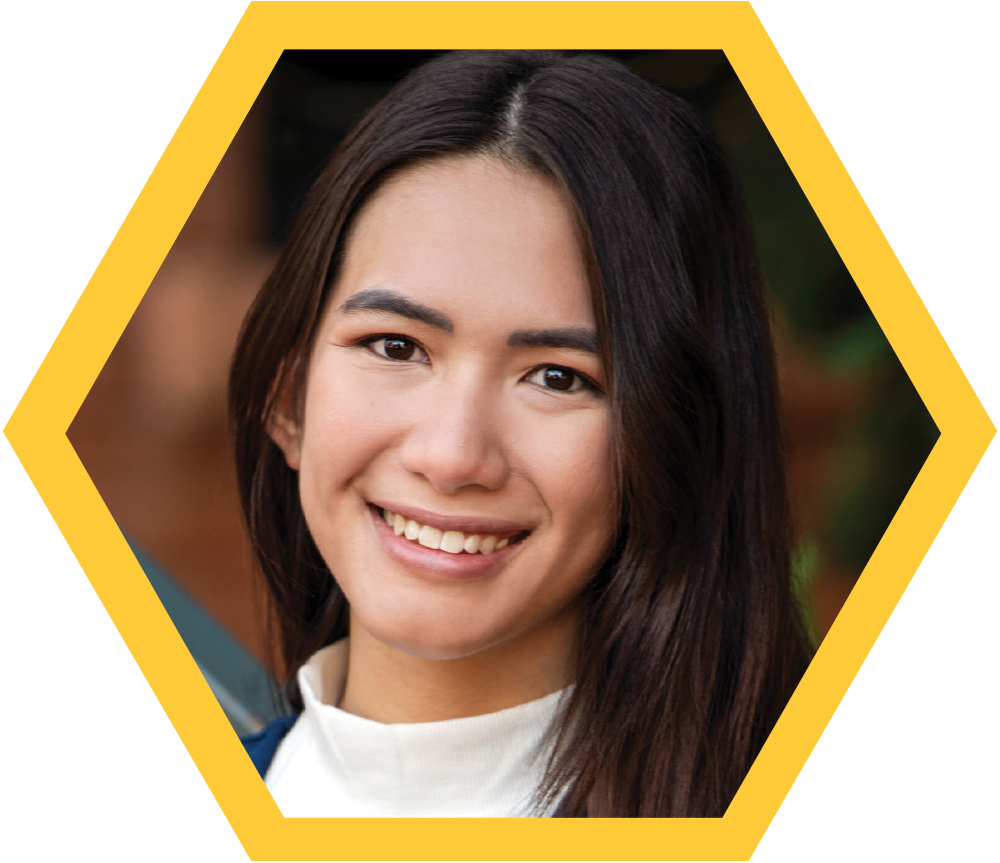
After graduation, Shultz landed a job with KPMG, a Big Four accounting firm with a global footprint. And while travel has been curtailed, she’s already used the cultural aspects of her language coursework in her work with colleagues around the world. “It’s been wonderful and applicable to my job — and I know there will be a lot more opportunities as travel comes back,” she says.
The move has turned out to be a boon: In the summer of 2021, Purdon landed an internship in the HR department at CVS Health, a role that drew on her knowledge of the law. This summer, thanks to her previous success at the company, the Outstanding Graduating Senior of December 2021 will take on a full-time role in the company’s management rotation program. Purdon expects to lean on the expertise she built in her business classes. “The concentration allows you to go into the workforce with solid business law knowledge that is beneficial in a lot of situations,” she says. “It’s given me a lot of options.”
That’s what makes the EGADE – W. P. Carey Executive MBA program so powerful, says EMBA Faculty Director Tom Bates. Through a collaboration with Mexico’s Escuela de Graduados en Administración y Dirección de Empresas (EGADE), students don’t just learn about cultural differences, they also experience them through a one-week international practicum. “Faculty leaders take students to international destinations to learn about things that make business work around the world, [including] the importance of culture for business decision-making, and the ways that different geographic areas [can] determine the way that commerce is performed,” Bates says.
![]() Top tier: EGADE is the No. 1 business school in Latin America; W. P. Carey’s Executive MBA program was ranked No. 18 by U.S. News & World Report, ahead of Yale, Georgetown, and USC.
Top tier: EGADE is the No. 1 business school in Latin America; W. P. Carey’s Executive MBA program was ranked No. 18 by U.S. News & World Report, ahead of Yale, Georgetown, and USC.
Three schools — the W. P. Carey School, the Ira A. Fulton Schools of Engineering, and the Herberger Institute for Design and the Arts — work together to help students come up with a great idea and start executing on it with startup-like speed. Through deep collaboration among the schools, the program provides an experience that looks much like the real work world students will enter, says Interim Director Brent Sebold (MEd ’06, EdD ’11).
Launched in 2020, the program has already seen early successes. One team in the program developed KOKO NI, a device that can help older adults age in place through fall detection, gait analysis, and medication checks. The team — Parker Barr, Tesher Cohen, and Kyle DeSousa (all MS-IVD ’21) — have earned several seed grant funding awards throughout their time at ASU, most recently a $5,000 check at the Venture Devils Demo Day last fall.
“The expectation is that we are going to make the world a better place by leveraging our collective experience in this program to build better products, services, and solutions,” says Sebold. “That’s our aspiration.”
Firms get MBAs with the skills they want
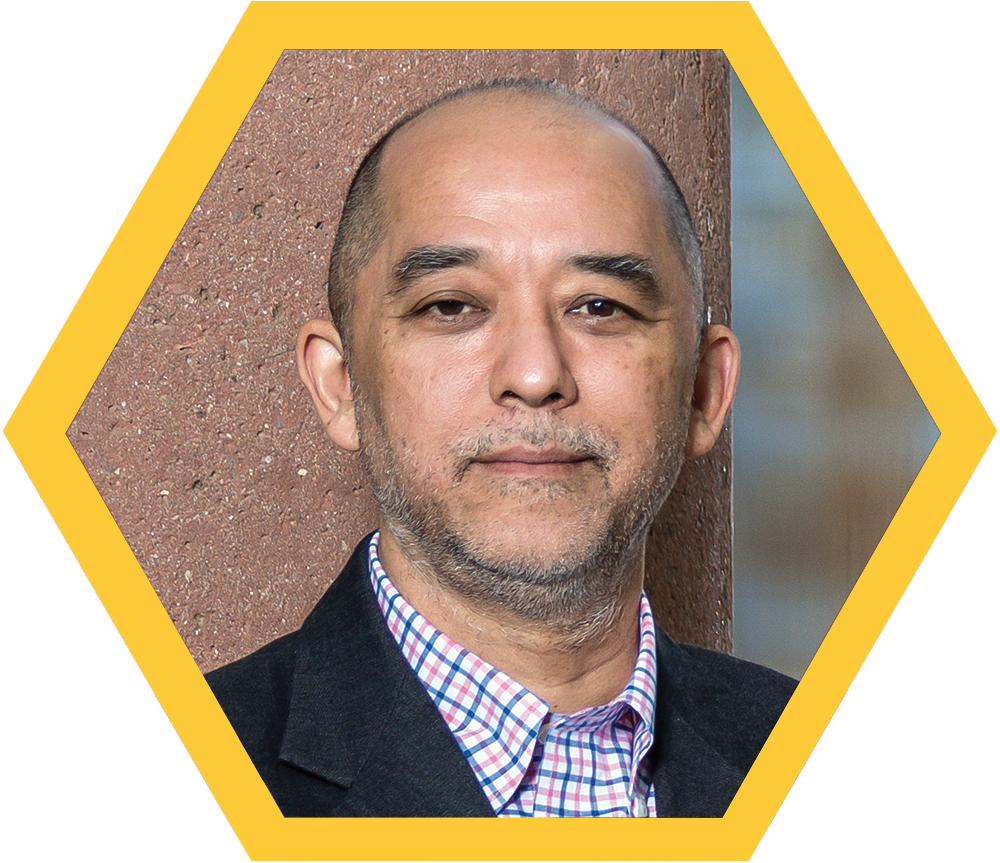
Foundational business skills are still important for organizations, but so are job-specific capabilities such as revising trade patterns and supply processes in an era of pandemic-related disruptions. Corporate MBA programs allow employers to tailor the instruction to a business’s particular needs, says Mesquita, who helps design custom MBA courses for companies.
W. P. Carey’s experience both in the classroom and in designing unique programs across a wide range of business disciplines delivers immediate and long-lasting results.
Learn more:
wpcarey.asu.edu/custom
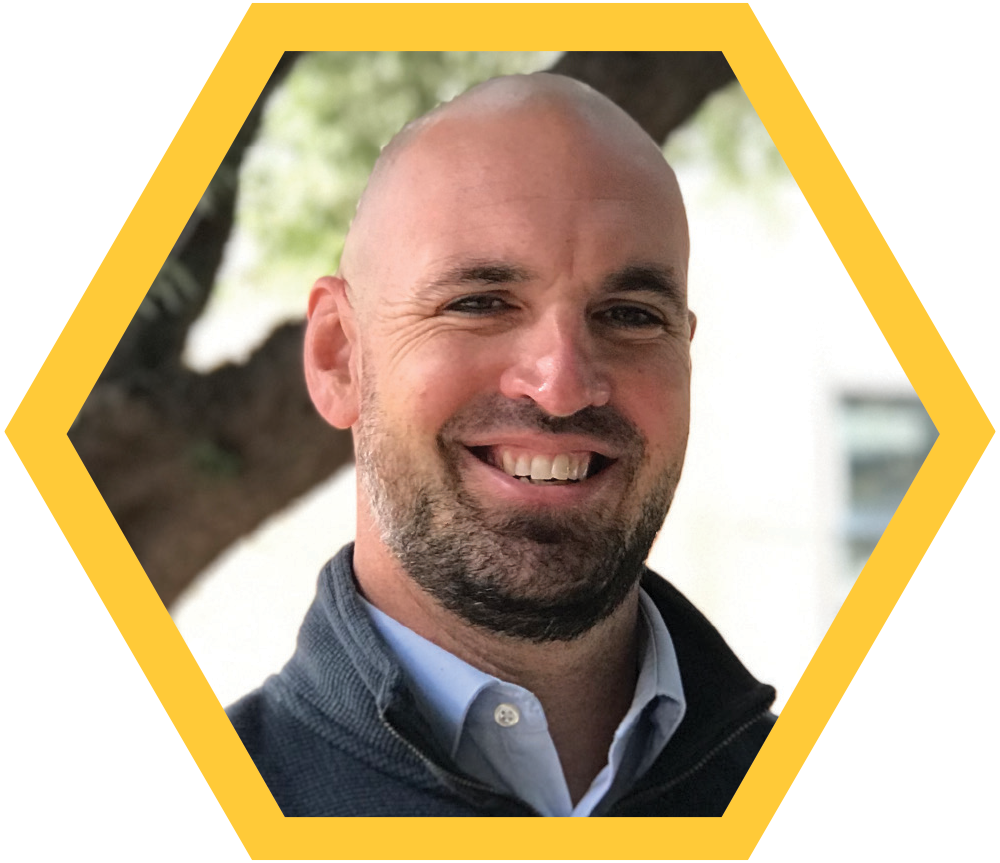
This fundamental idea served as the organizing principle of the program’s development as it prepared to launch in 2006. The transdisciplinary partnership includes four schools — the W. P. Carey School, the Sandra Day O’Connor College of Law, the Herberger Institute for Design and the Arts, and the Del E. Webb School of Construction.
In addition to real-world “synthesis projects” that help students bring together concepts and approaches from their diverse set of courses, students complete their education with a comprehensive capstone project designed for community impact.
The result? A 98% satisfaction rate among graduates — and alumni who have gone on to achieve significant professional success and create meaningful impact in areas including affordable housing, environment, and charter schools. “Our students make a difference locally, nationally, and internationally,” says Stapp. “They take what they learn and apply it to wherever they are.”
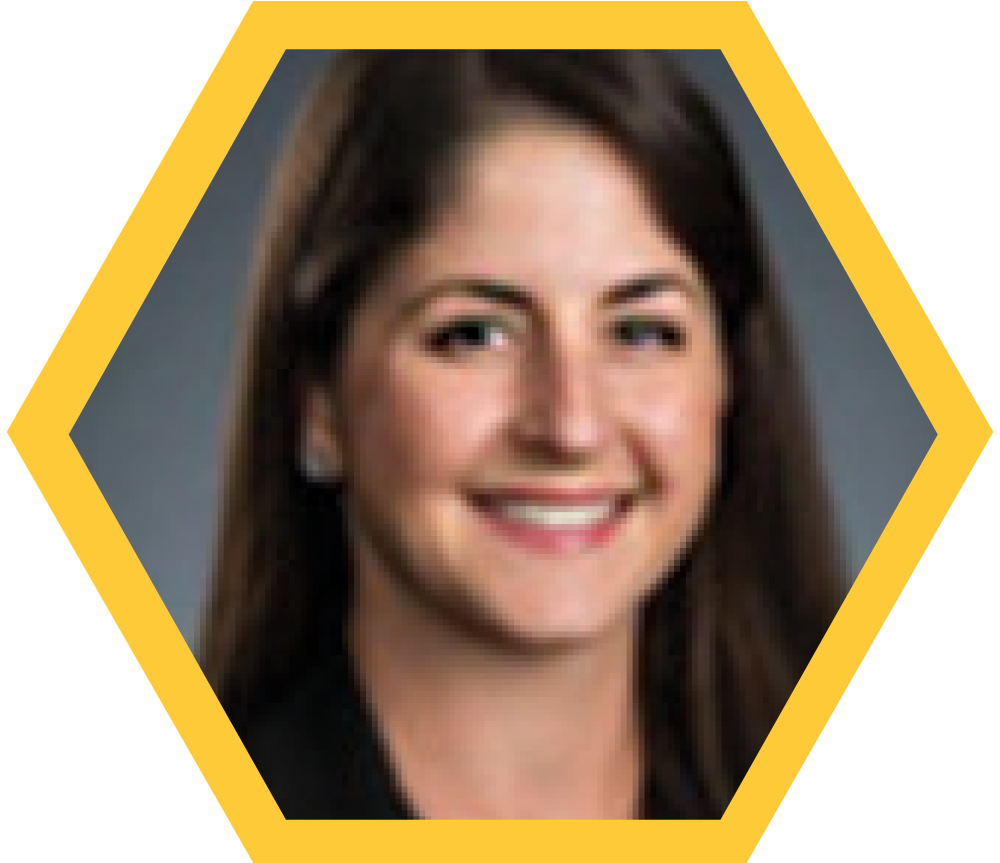
The project manager of commercial development at University Realty, which cultivates commercial and residential real estate projects to support ASU, says the program also was valuable because alumni remain invested in it long after graduating. “You build a community not just of classmates but of alumni,” Christensen says. “Alumni are constantly in the classroom, and they want to give back as much as they received.”
Christensen herself is a case in point: She participates in the MRED Alumni Chapter Board as well as ASU’s Real Estate Advisory Board. For her, it’s an easy decision to maintain that connection and support the work of the program. “As someone who has been a recipient of this mentorship,” she says, “it’s easy to want to be part of that culture and give back.”
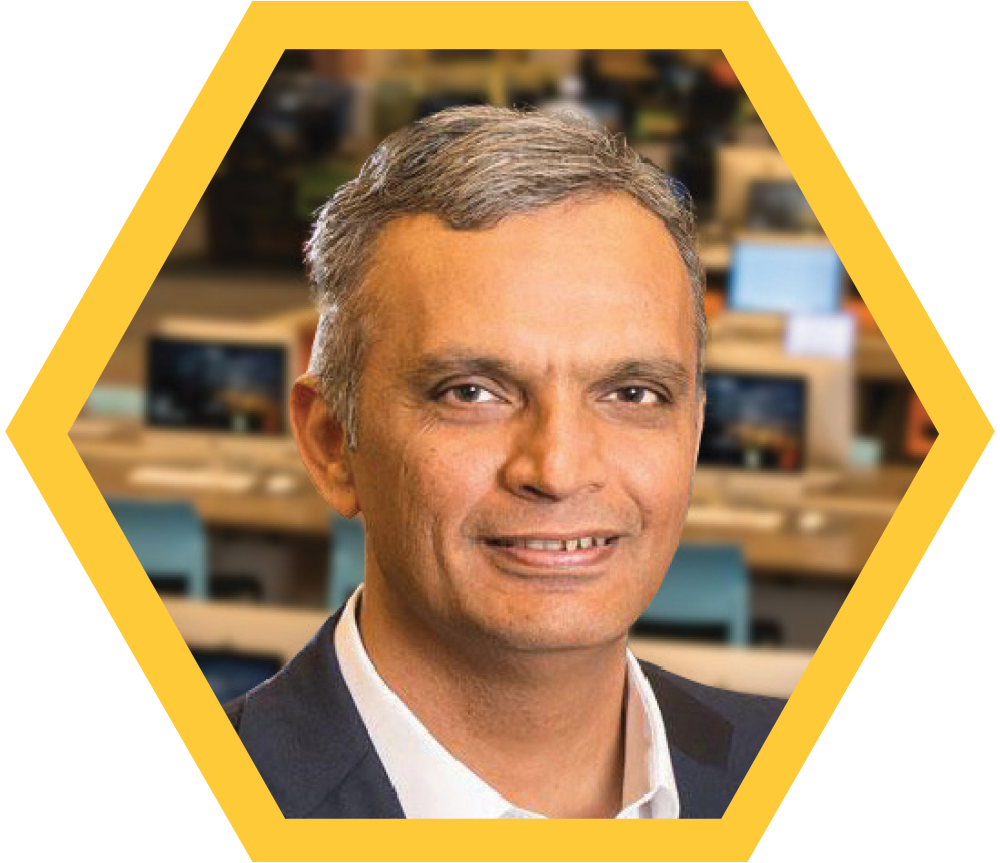
The grant will support 2,000 people over four years, says program executive director Raghu Santanam, who is also the senior associate dean for executive education, corporate partnerships, and lifelong learning. If the program is as successful as Santanam hopes, the next four years will just be the beginning. “The idea is to make this sustainable beyond the four years of the grant,” he says. “We want this program to be a community resource for Arizona employers and citizens.”
The pioneering center, launched in 1985, offers a mix of applied research, networking, and teaching. Recent research has addressed building better relationships with customers and identifying high-performance account managers.
That’s where cross-disciplinary research, like that done in the Robodevils student group, can make an impact. In the group, engineering and business students work together to research topics linked to robotic food delivery and robotic cleaning systems. “It’s an effort to lower the barrier to entry into robotic development by introducing it in a business mindset,” says Kylel Scott (BS Engineering/Robotics ’21), an Ira A. Fulton Schools of Engineering graduate student who helped launch the group.
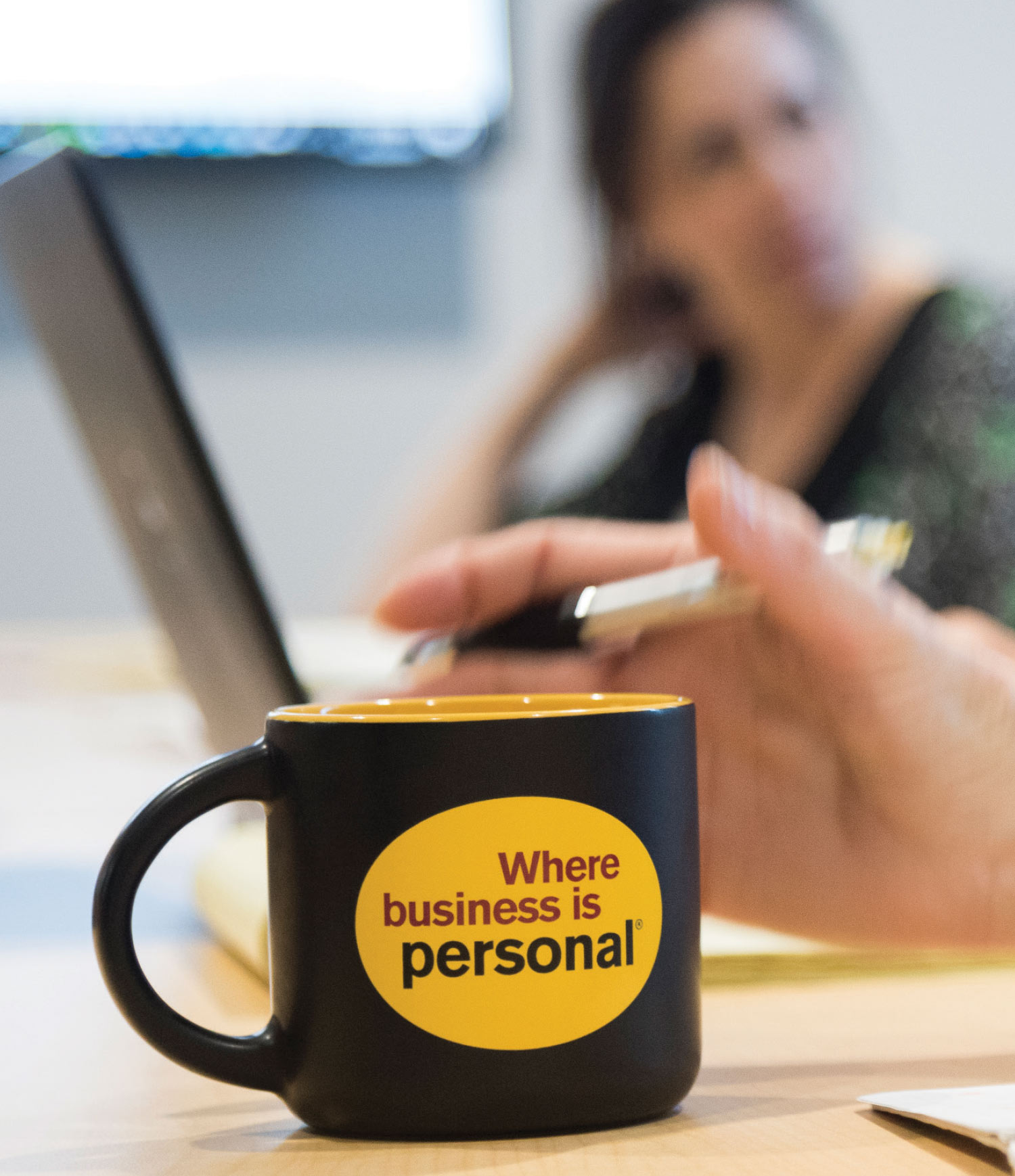
Top ranked in teamwork
Poets & Quants, a digital publisher that specializes in business education content, reported: “The larger university is consistently ranked among the top schools for innovation and research and W. P. Carey follows in this tradition. However, it has also adopted a ‘Business is personal philosophy.’ At W. P. Carey, each student is expected to help others learn. Call it a feedback culture, where the team concept extends far beyond student teams.”
A look at Learning Labs
distinct opportunity among graduate-level business programs, W. P. Carey Learning Labs connect Full-time MBA students with non-business master’s degree students across ASU to collaborate on action-learning projects, gain cross-functional skills, and solve real problems for real businesses.
AACSB International, the world’s largest business education network, recognized W. P. Carey’s Learning Labs among 25 business schools in its annual member challenge. The Innovation That Inspire challenge recognizes institutions from around the world that serve as champions of change in the business education landscape.
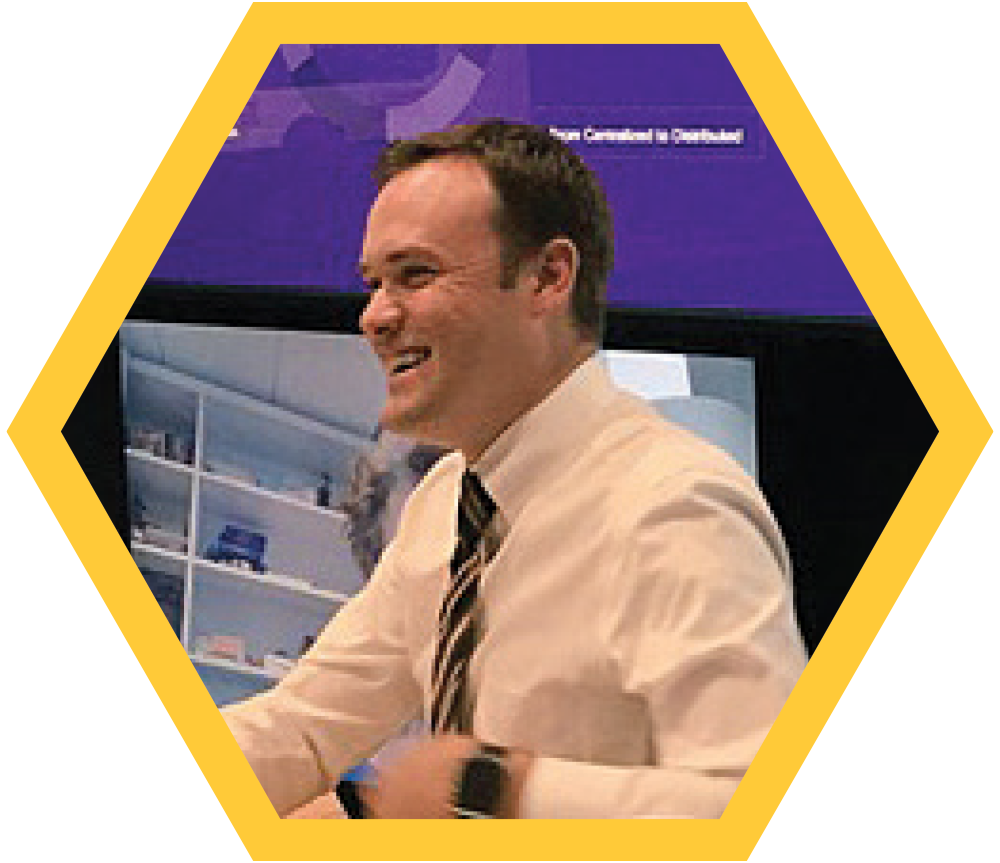
![]() Learn more: Read an interdisciplinary study between W. P. Carey Associate Professor of Management and Entrepreneurship Ned Wellman and Emeritus Professor of Information Systems Ajay Vinze, as well as ASU’s Erik Johnston at the School for the Future of Innovation in Society and Elizabeth Segal at the School of Social Work.
Learn more: Read an interdisciplinary study between W. P. Carey Associate Professor of Management and Entrepreneurship Ned Wellman and Emeritus Professor of Information Systems Ajay Vinze, as well as ASU’s Erik Johnston at the School for the Future of Innovation in Society and Elizabeth Segal at the School of Social Work.
![]() More interdisciplinary research: W. P. Carey faculty and students also build bridges between business and colleagues across ASU and around the nation in the fields of computing, health, mathematical and statistical science, sustainability, and environmental science. Here are a few working research papers that amplify W. P. Carey’s collective efforts to address society’s most pressing problems:
More interdisciplinary research: W. P. Carey faculty and students also build bridges between business and colleagues across ASU and around the nation in the fields of computing, health, mathematical and statistical science, sustainability, and environmental science. Here are a few working research papers that amplify W. P. Carey’s collective efforts to address society’s most pressing problems:
- “Secure Traceability in the Food Supply Chain Using Cell Phone Readable Dendritic Identifiers”
- “Exploring the Scale, Scope, and New Supply Chain Linkages in the Local Food Sector”
- “Integrating Experiential Learning Into a Food Systems Framework: An Application To Promote Food Deserts and Food Access Concepts Among College Students”
- “Drivers of Small-Scale Urban Agriculture: Growing Produce at Home and in Community Gardens”
![]() Cross-disciplinary vs. interdisciplinary research: Cross-disciplinary is limited to two disciplines. Interdisciplinary research spans more than two disciplines.
Cross-disciplinary vs. interdisciplinary research: Cross-disciplinary is limited to two disciplines. Interdisciplinary research spans more than two disciplines.